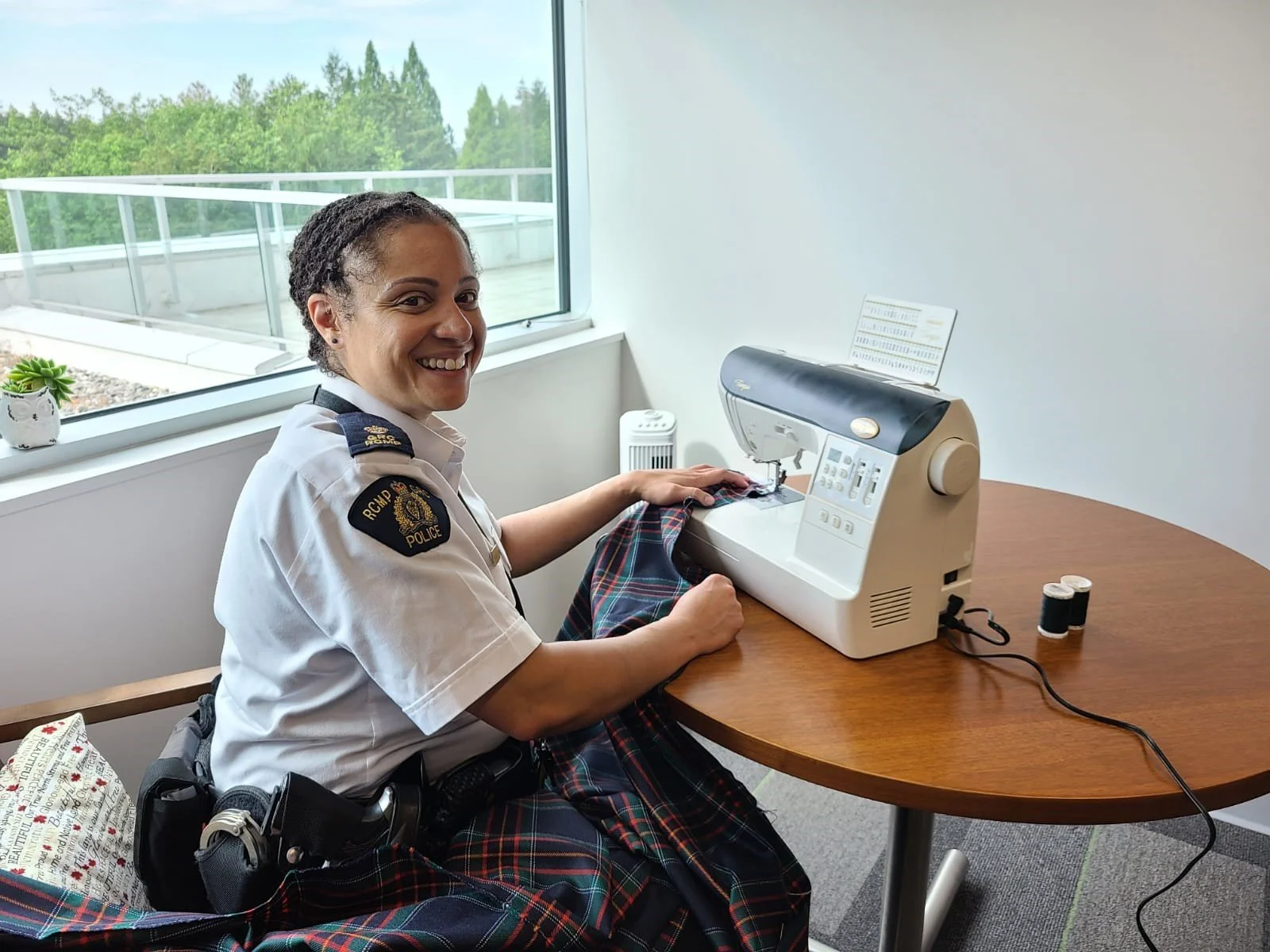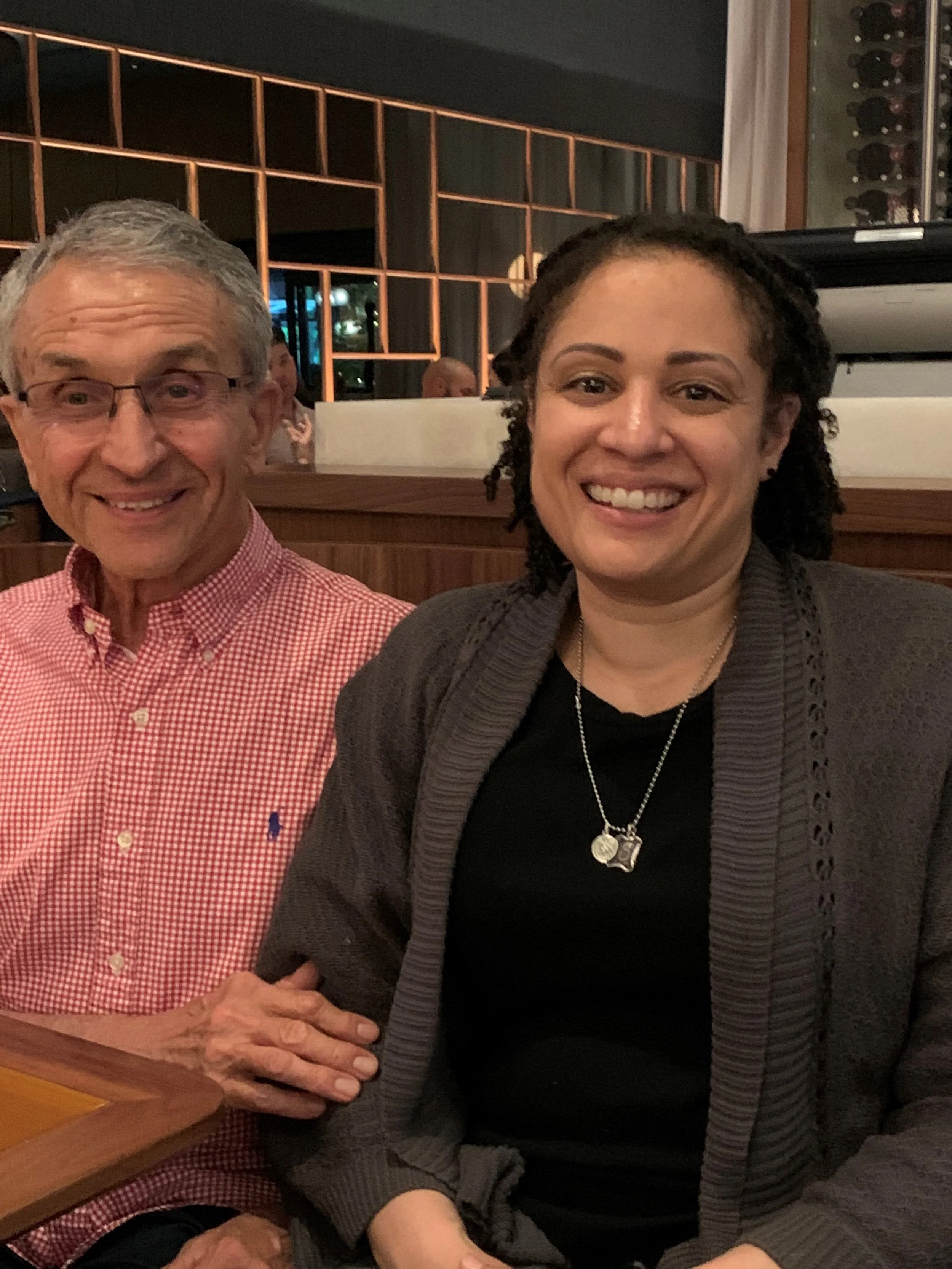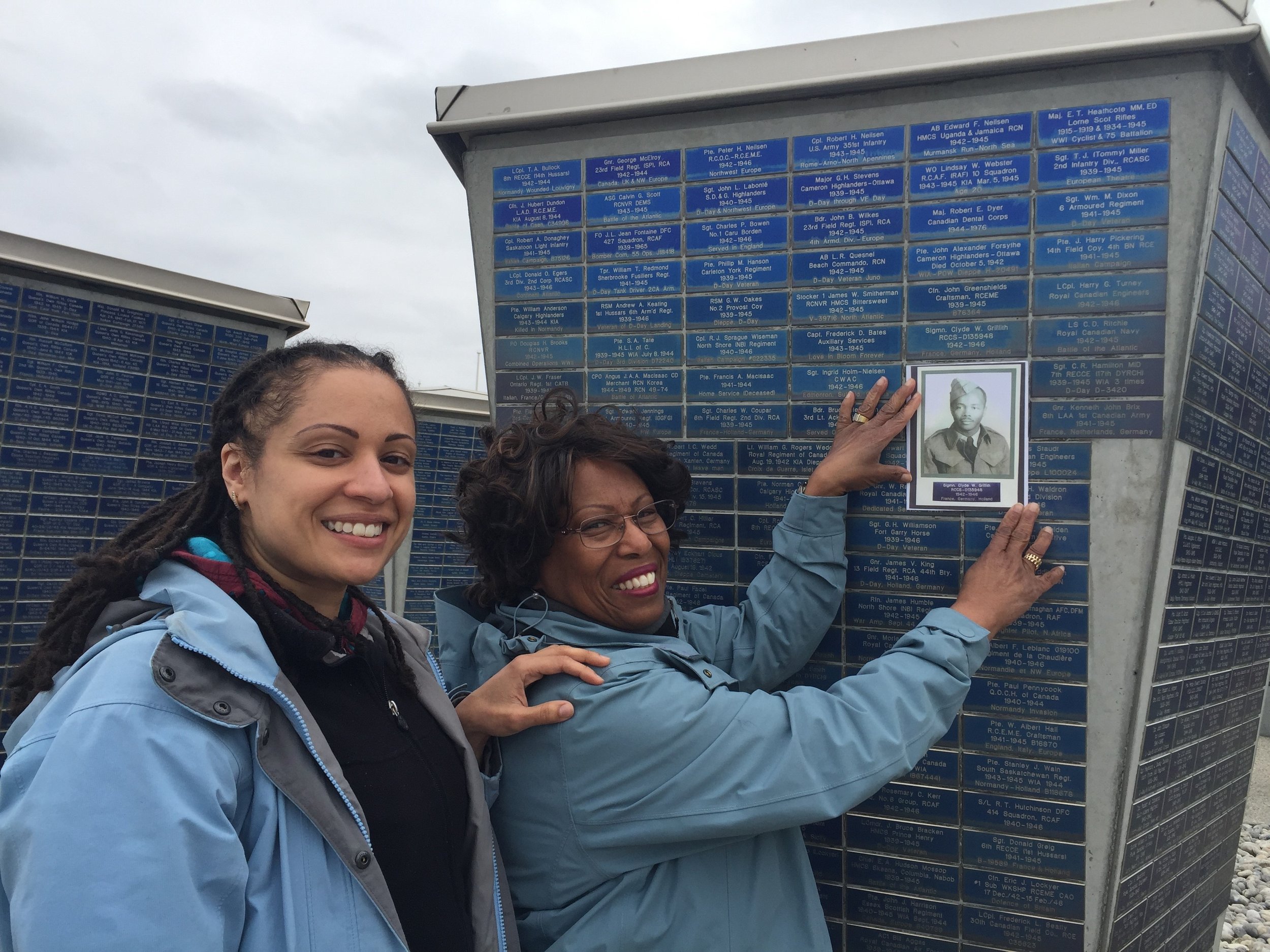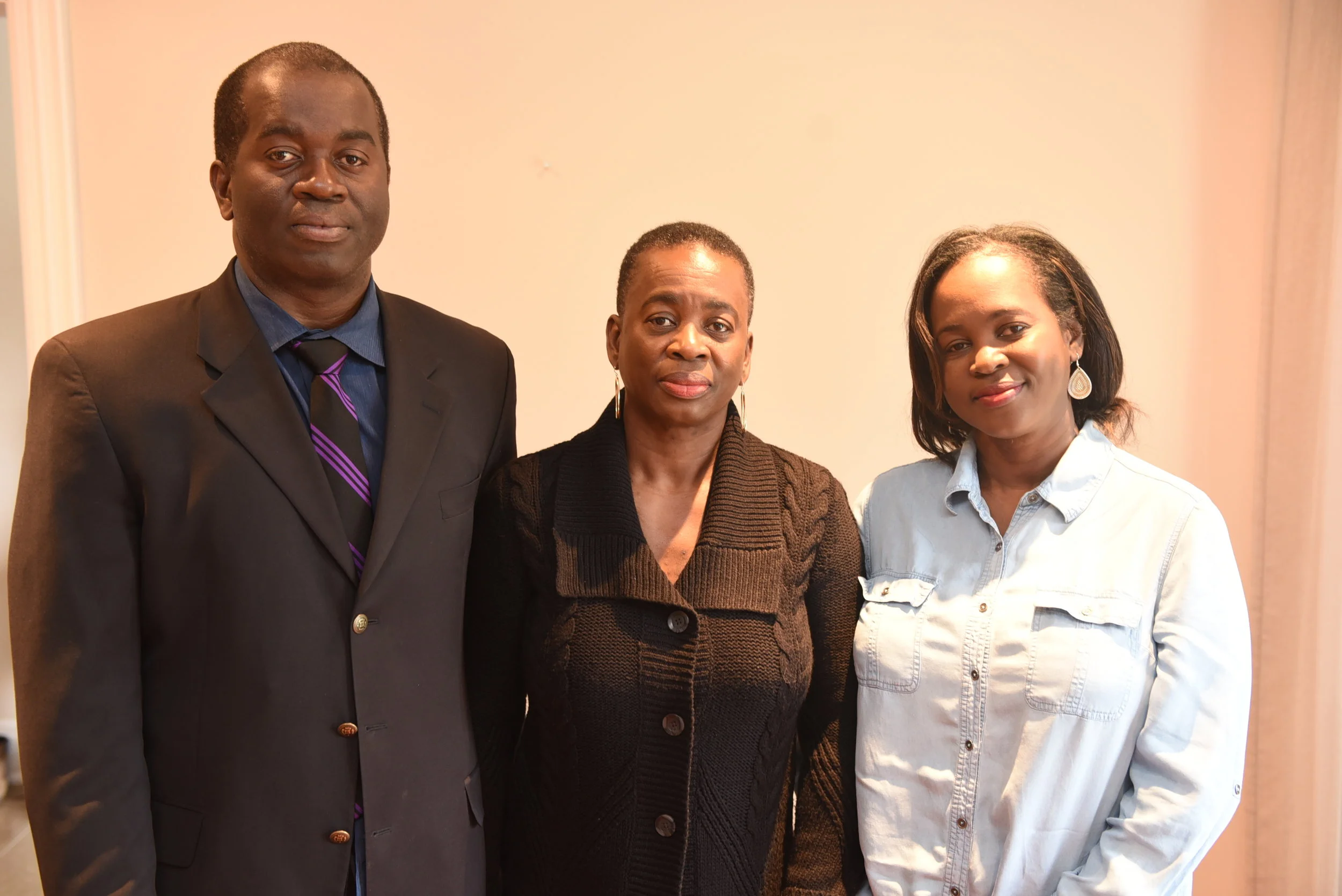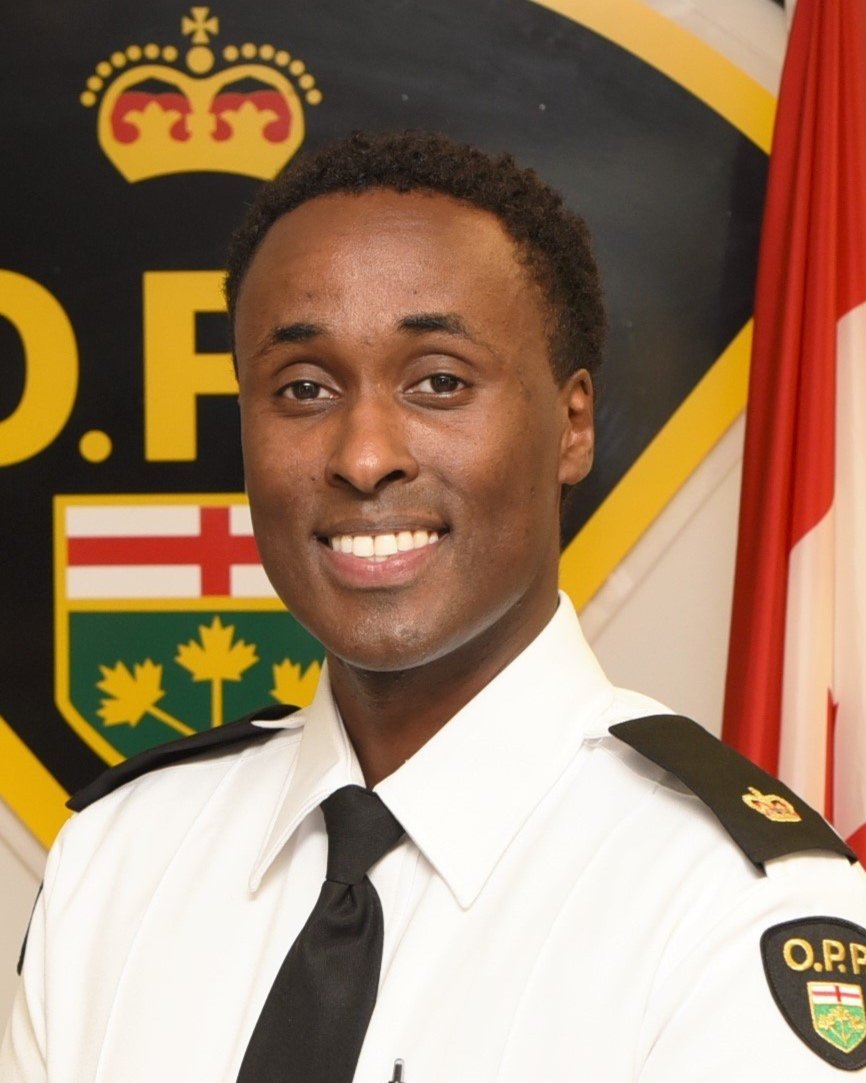Higher education important for RCMP Inspector Veronica Fox
September 26, 2022
Subjected to bullying and other forms of harassment in elementary school in Lower Mainland, British Columbia, Dr. Veronica Fox sometimes felt so defeated and isolated that she considered caving in to the pressure.
Her mom, however, put the brakes on those negative thoughts, telling her daughter that the one thing people can’t take away is her education.
Those words had a powerful impact.
“I used to think there was no need to keep trying and I should just give up,” said Fox who is an Inspector with the Royal Canadian Mounted Police (RCMP) in BC. “After that conversation with mom, I worked really hard in high school.”
Not only did she complete an undergraduate degree in Communications at Simon Fraser University in 2004.
Fox went on to graduate with a Masters in Leadership at Royal Roads University and a PhD in Policing & Security at Charles Sturt University in 2018.
Veronica Fox completed her PhD in 2018 (Photo contributed)
Feeling empowered after finishing her first graduate degree, she decided to go all the way even though there was some skepticism.
“Early in my Master’s, a colleague and good friend said, ‘I don’t get why you are doing this, nobody cares, you are not going to get anything out of it and the police world does not care about education’,” Fox recalled. “I said that is okay because I am not doing it for the police world. I am doing it for me. He was not trying to be mean. That is just what he thought. This was something no one could take from me and it was my personal effort.”
Her doctoral dissertation, ‘On the crime beat 2.0: Citizen journalism, crowd-sourced policing and the police narrative in Canadian news’, focused on how mass media portrays policing.
The four-month study included daily quantitative analyses of three evening television newscasts, an online news publication and four police-operated Web 2.0 platforms. A total of 1,537-broadcasted news stories, 155 text-based online news stories and 1,694 police-generated social media posts were considered in order to determine who holds narrative dominance and how Web 2.0 technologies employed by the police and public might influence the narratives.
“The study findings suggest that police and media roles vis-à-vis social control and, accordingly their professional association, have been impacted by civilian use of Web 2.0 technologies,” she said. “As members of the public use new technologies to engage in citizen journalism to produce first-hand news stories and crowd-sourced policing to define and enforce social norms within the media space, police and media organizations will need to adapt their operations in both theory and practice in order to maintain relevance and a balance of power.”
There was a time when Fox was thinking about being on the other side of the fence.
Pondering a journalism profession, the career goal shifted after doing an internship in university.
“It was an interesting experience as I found the industry was changing,” said Fox who had an interest in investigative journalism. “I was a bit demoralized as I was looking for something that I would stick with for a long time and love.”
A conversation with an acquaintance who was in the process of applying to be a police officer swayed her to consider a policing career.
“He suggested I do some ‘ride-alongs’ and volunteering which I did,” Fox recounted.” I went out for a ride-along on a Friday night shift and loved it. It was crazy and exactly what I was looking for. I pivoted my perspective of what I wanted to do and applied to the RCMP that I have always viewed as iconic. I have great respect for the organization.”
It helped that her older brother, who has developmental disabilities, knew RCMP officers who were his Boy Scout leaders and his support care worker’s husband was a Mountie.
“From them, I was able to garner what it is like in a Mountie household and that was cool,” said Fox. “So, when I joined, it was not like it was completely foreign to me. When my email was set up, I looked to see if he was still with the RCMP. It turned out he was teaching at Depot (the RCMP Academy in Regina, Saskatchewan) where I was doing my training. That was phenomenal as I able to catch up with the family. When I graduated, I made sure that my brother came out and he reunited with them which was amazing.”
Starting at Richmond in January 2006, she worked frontline and in the Youth Section which employs an education and enforcement approach.
“I was a little worried about doing that at first because of my experiences in school,” Fox said. “Then, I started to realize I could actually use that past experience to do good work here and help people. I really enjoyed that.”
Veronica Fox on an RCMP marine vessel (Photo contributed)
After eight years, she was promoted to Corporal and assigned to ‘E’ Division which is the RCMP’s largest with nearly one-third of the Service located in British Columbia.
As a member of the Behavioural Sciences Group & Criminal Operations, she dealt with high-risk sex offenders and was part of a team that partnered with Corrections Canada and BC Correction.
While in the elevator at work one day, a senior officer inquired if she wanted to be a File Co-ordinator.
“Thinking it was a volunteer role like an extra duty off the side of my desk, I said ‘yes’,” she pointed out. “It turned into the Community-Industry Response Group (C-IRG).”
Created five years ago, the C-IRG provides strategic oversight, addressing energy industry incidents and related public order, national security and crime issues.
“It was the group that dealt with protests and public order issues around the Kinder Morgan pipeline that is now also Coastal GasLink,” said Fox who co-edited ‘Red Coat Diaries’ Volume II that is a compilation of former and current female members’ stories offering a unique insider’s perspective of what it is like working for Canada’s national police service. “I had a chance with two other people to build the file from the ground up and do some education around the province.”
Promoted in December 2017 to Sergeant and assigned to Information Management & Technology, she was part of a Divisional team that deployed body-worn cameras and developed a data base system to address wildfires and other emergencies.
Veronica Fox was promoted to Inspector in November 2021 (Photo contributed)
After a six-month secondment to oversee the Lower Mainland District Office with the rank of Acting Staff Sergeant Major & Advisory Non-Commissioner Officer (NCO), Fox did an 18-month secondment as Acting Executive Officer & Advisory NCO in the Office of the Commanding Officer before being promoted to Inspector in November 2021.
As Executive Officer to ‘E’ Division Deputy Commissioner Dwayne McDonald, she manages his busy administrative office that, among other things, provides contract municipal services to large municipalities and is a key partner in joint forces law enforcement operations.
In the senior role, what is Fox doing to help make the organization more diverse and reflective of the communities it serves?
“That is something I am very passionate about,” she said. “Rarely have I not been the only Black person in the room. That has always been apparent and I will leverage my position to help address the issue.”
Last January, Fox and three other Black officers participated in a virtual career presentation as part of the organization’s commitment to modernize its culture to foster an inclusive workplace that welcomes diversity.
After the George Floyd murder in Minneapolis in May 2020, she publicly shared her personal experiences and perspectives on racism and discrimination.
“It was an interesting time for Black police officers,” Fox said. “I love my profession and organization, but I know we are not perfect and that policing has been problematic for people of colour. George Floyd’s murder was the catalyst to have that conversation and that is why I felt compelled to be part of that.”
Before joining the RCMP that celebrates its 150th anniversary next year, she was an Emergency Call Taker for three-and-a-half years.
Participating in a busy, active and constantly changing work environment, they do shift work and are a vital link between citizens needing urgent assistance and police, fire and medical personnel. They are required to be patient, ask pertinent questions, give sound advice and process calls relating to a range of offences and incidents.
That role, she said, was the perfect platform, from which to transition to law enforcement.
“It helped to enhance my communication and negotiation skills,” Fox, who at age 13, was the stage manager for plays at Willingdon Church. “Talking to people who were really upset and having to calm them down was a learning experience for me.”
Fox, who enjoys writing, scuba diving and cooking, is the product of a mixed race marriage.
Born and raised in Regina, Ken Fox recently retired from Corrections Canada while his wife of nearly five decades, Anna Fox, was a nurse.
Veronica Fox and her father Ken Fox (Photo contributed)
“Because mom had to leave her career to support my brother, dad was very supportive, doing two jobs to keep the family going,” she said. “My life has not been perfect and dad has been there with me, including the time when I got a rejection from a police agency I applied to before getting into the RCMP. We had a long walk and a conversation about what I wanted to do with my career. I will never forget that.”
Fox’s maternal grandfather, Clyde Griffith, was recruited by the British to serve in World War II.
Veronica Fox’s maternal grandfather, Clyde Griffith, served in World War II (Photo contributed)
Trained in Canada, the signalman served in France, Germany and The Netherlands before settling in Montreal where he was reunited with his wife who travelled by boat from Barbados. They later sent for their children.
Anna Fox is the only Canadian-born of Griffith’s four siblings.
In 2016, Fox and her mother visited Juno Beach Centre, Canada’s Second World War museum and cultural centre in Normandy, France for the inauguration of the temporary exhibit, ‘The Royal Canadian Mounted Police: A Canadian Tradition’.
Veronica Fox and her mom, Anna Fox, at Juno Beach Centre (Photo contributed)
During the visit, they took time to learn more about Griffith’s participation in World War II.
A member of Charles Sturt University Editorial Board, Fox was recently recognized with the institution’s Distinguished Alumnus of the Year Award (International Alumni) that recognizes international leaders in their industry, profession or field of research who have made or are making a significant difference in both local and/or wider communities.
“My time studying at Charles Sturt was both thoroughly challenging and extremely positive for me,” she said. “CSU directly benefitted my personal development and what I have been able to contribute to my organization as a result. It is edifying to have my hard work acknowledged by the university that helped me to build the skills to undertake it.”




